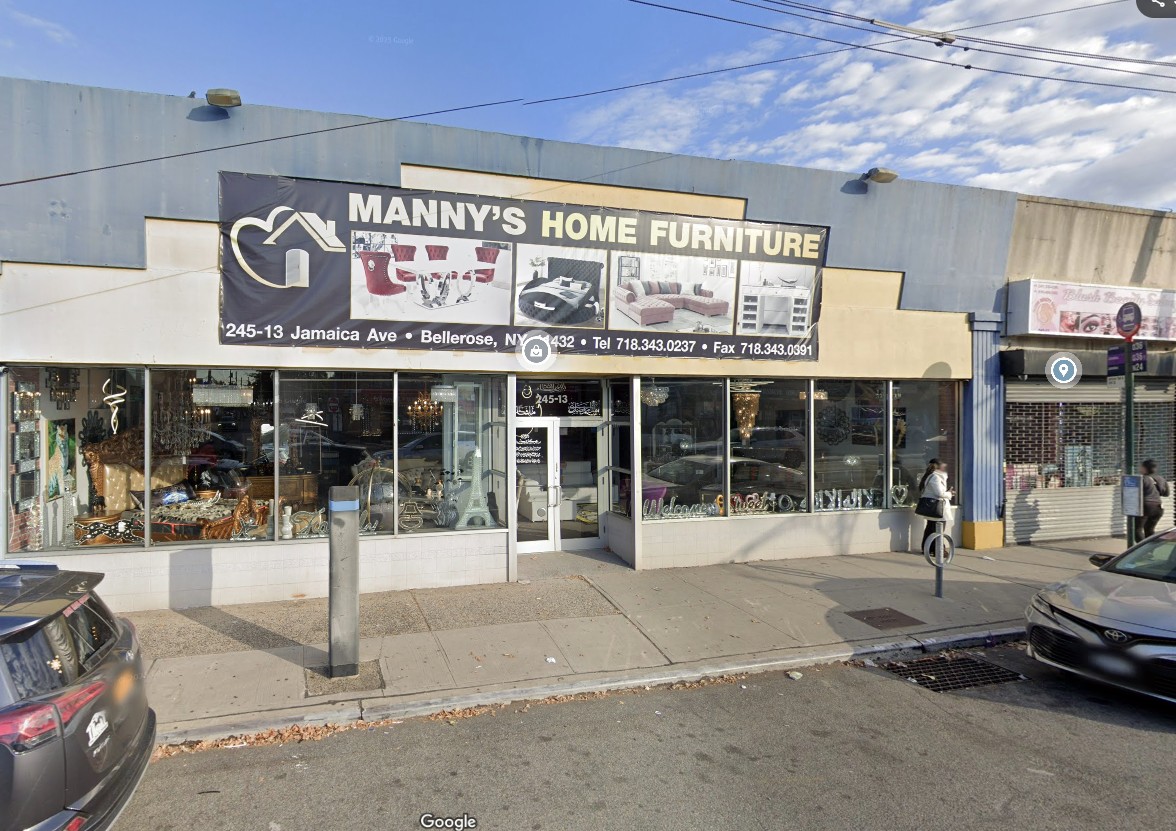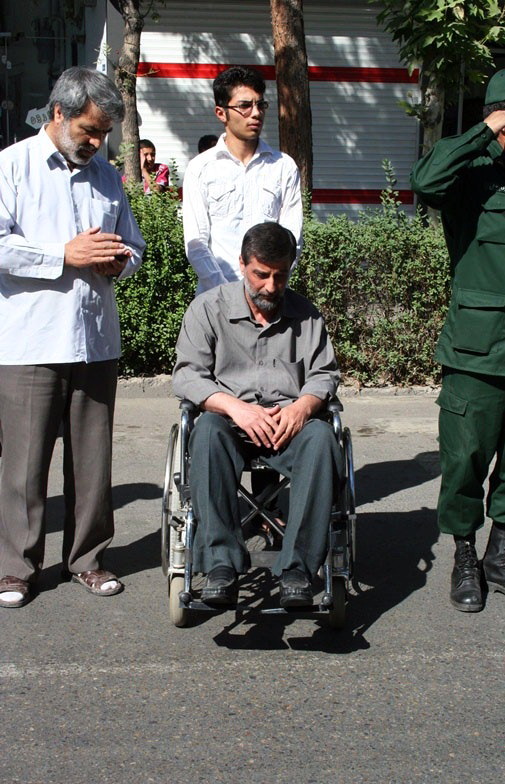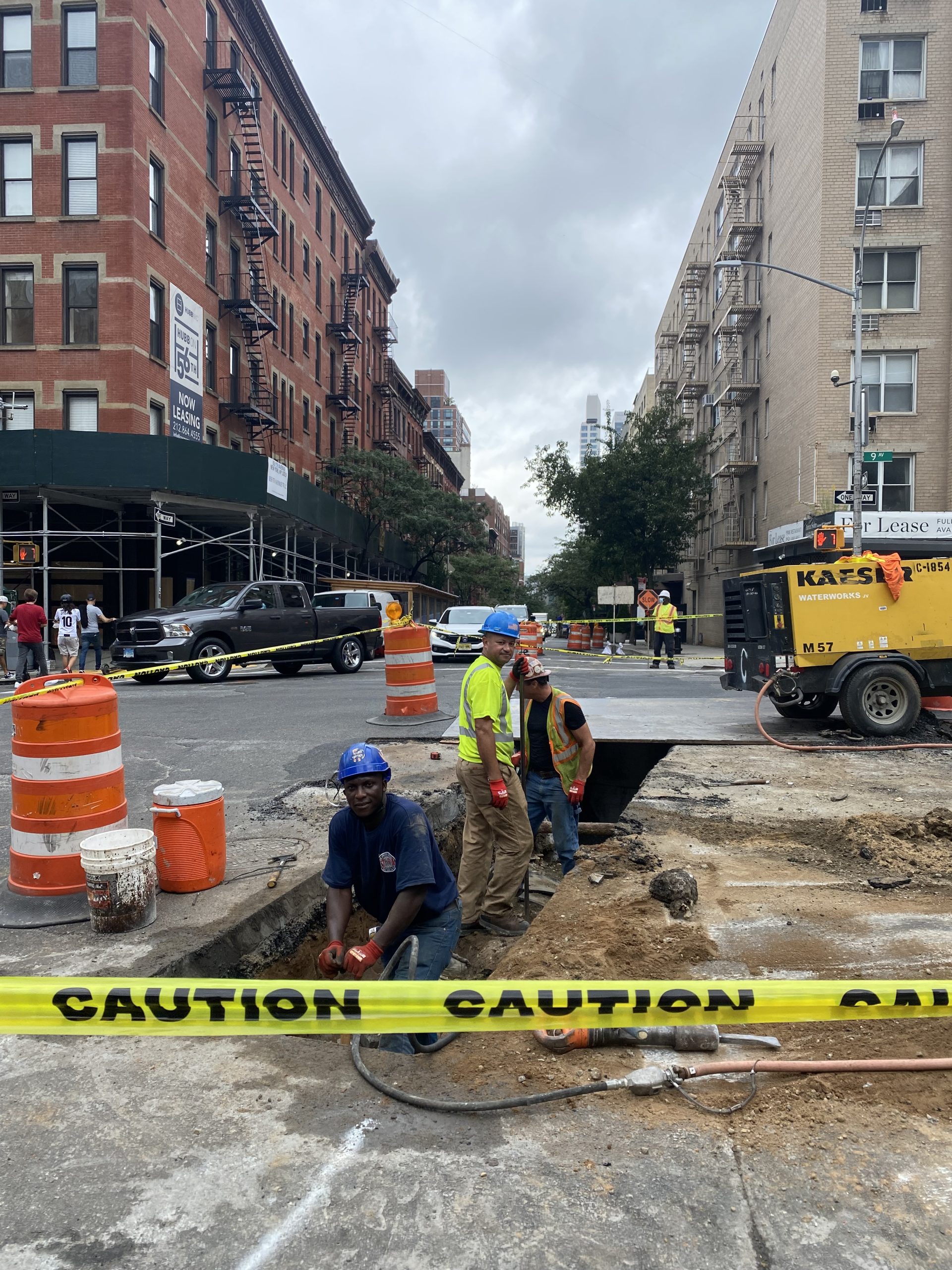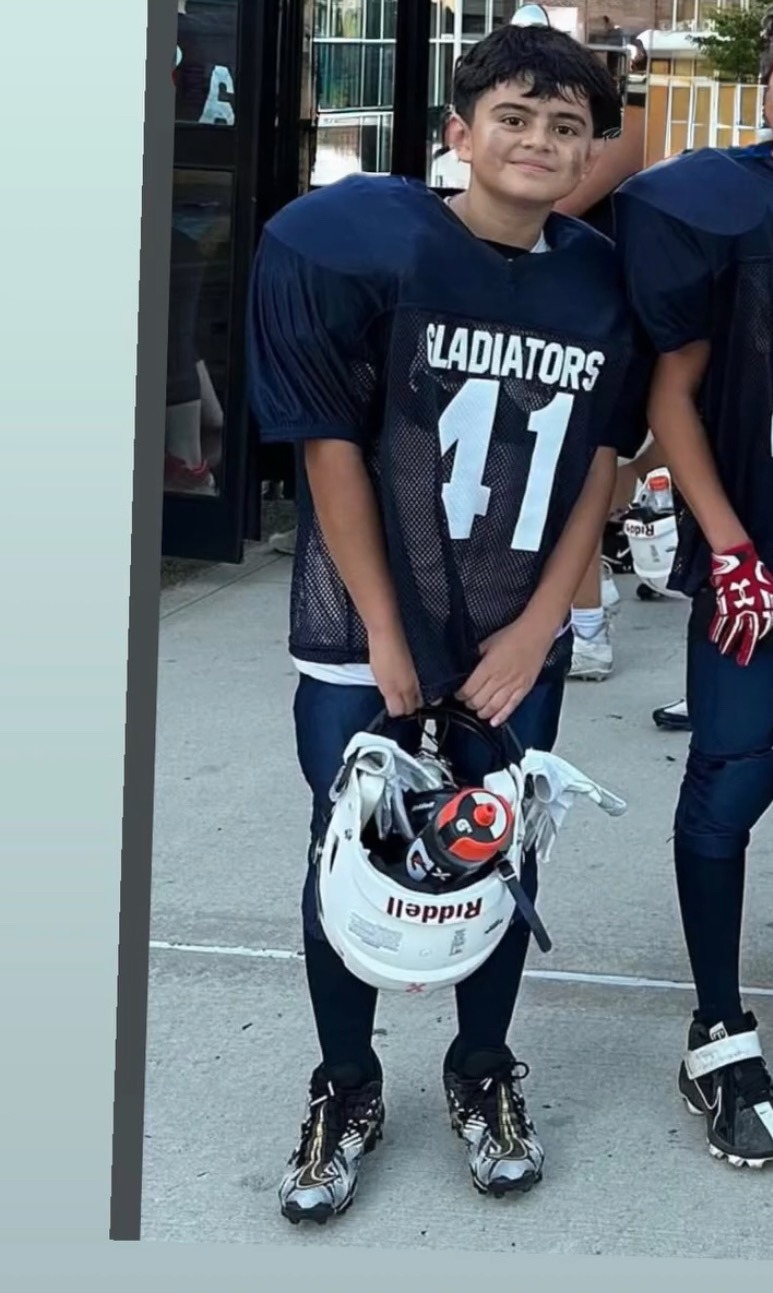From our New York Sexual Abuse Lawyers’ Perspective
When a longtime New York City Department of Education employee is arrested at JFK Airport with alleged child pornography on his phone—including images of his own students—the public has every right to be alarmed. The recent federal criminal complaint against Alejandro Santos, a teacher’s assistant with over two decades of service, raises disturbing questions not only about the individual’s conduct but also about the systems in place to safeguard our most vulnerable children.
According to federal prosecutors, Santos was flagged by customs officials upon returning from a trip to the Dominican Republic. A search of his phone allegedly uncovered approximately 50 images and videos of child sexual abuse material, along with clothed images of his special education students—some of whom are nonverbal—interspersed within his camera roll. This disturbing detail, noted by Assistant U.S. Attorney Ellen Sise, signals a potential boundary breach that warrants swift and thorough investigation.
 New York Personal Injury Attorneys Blog
New York Personal Injury Attorneys Blog











